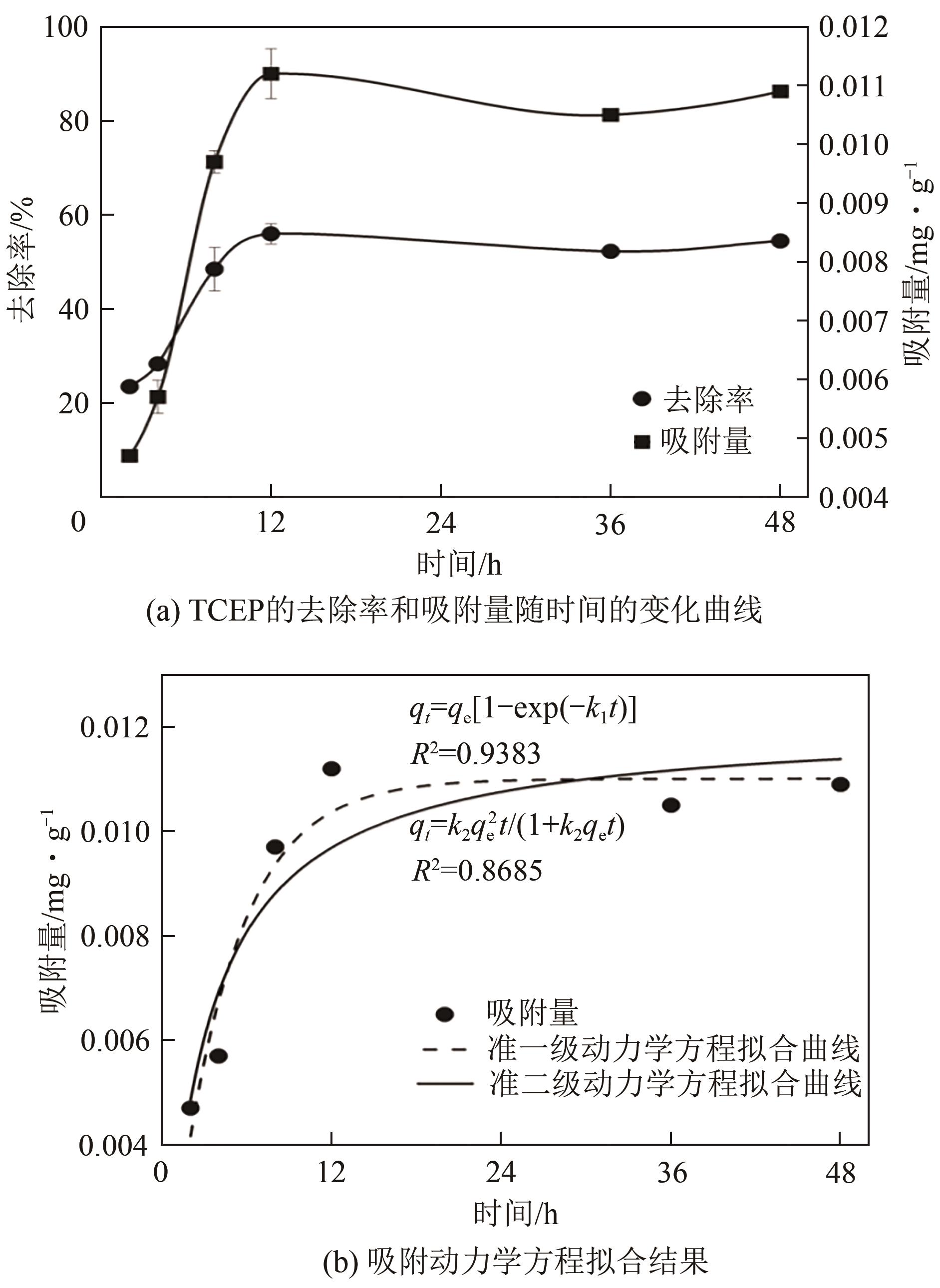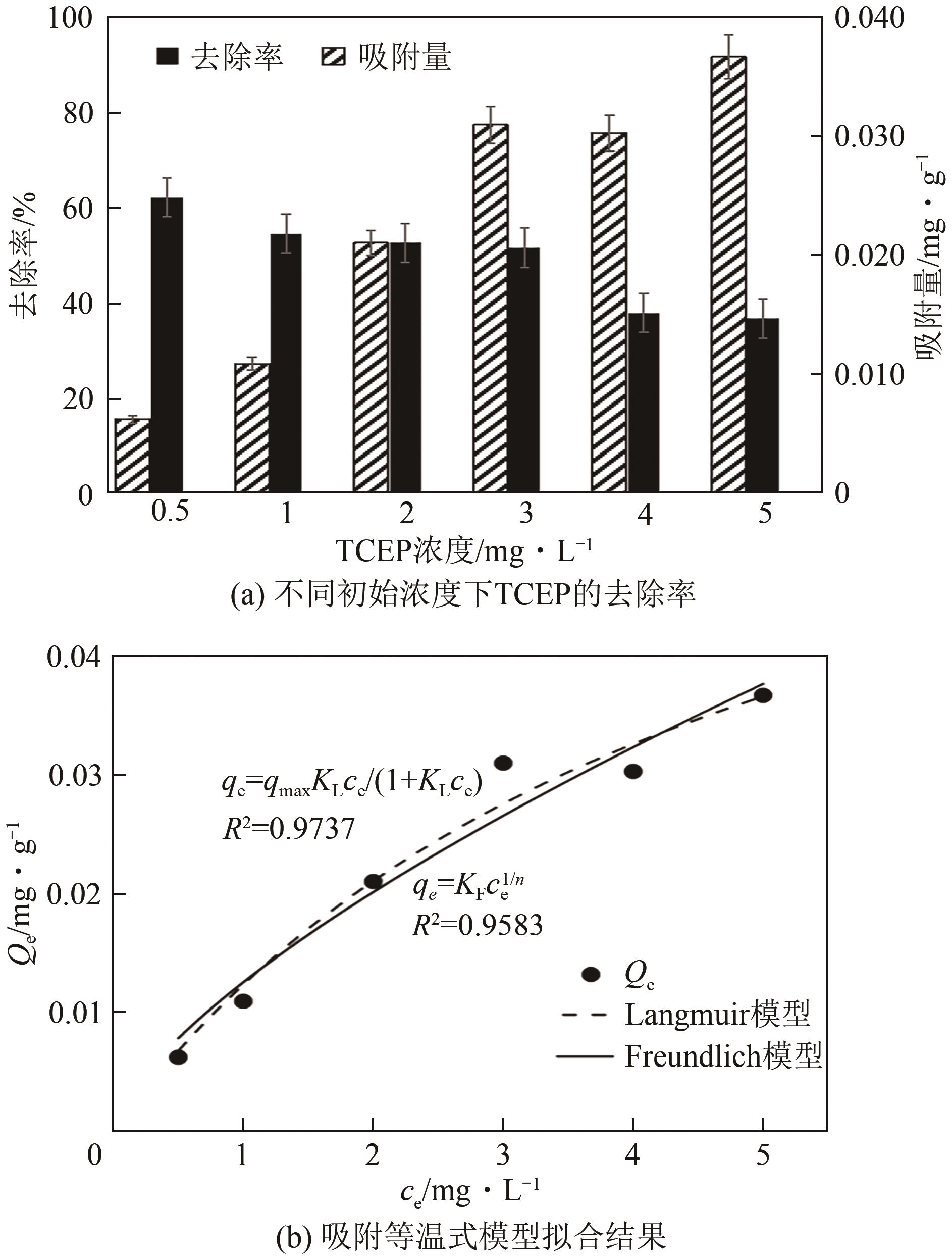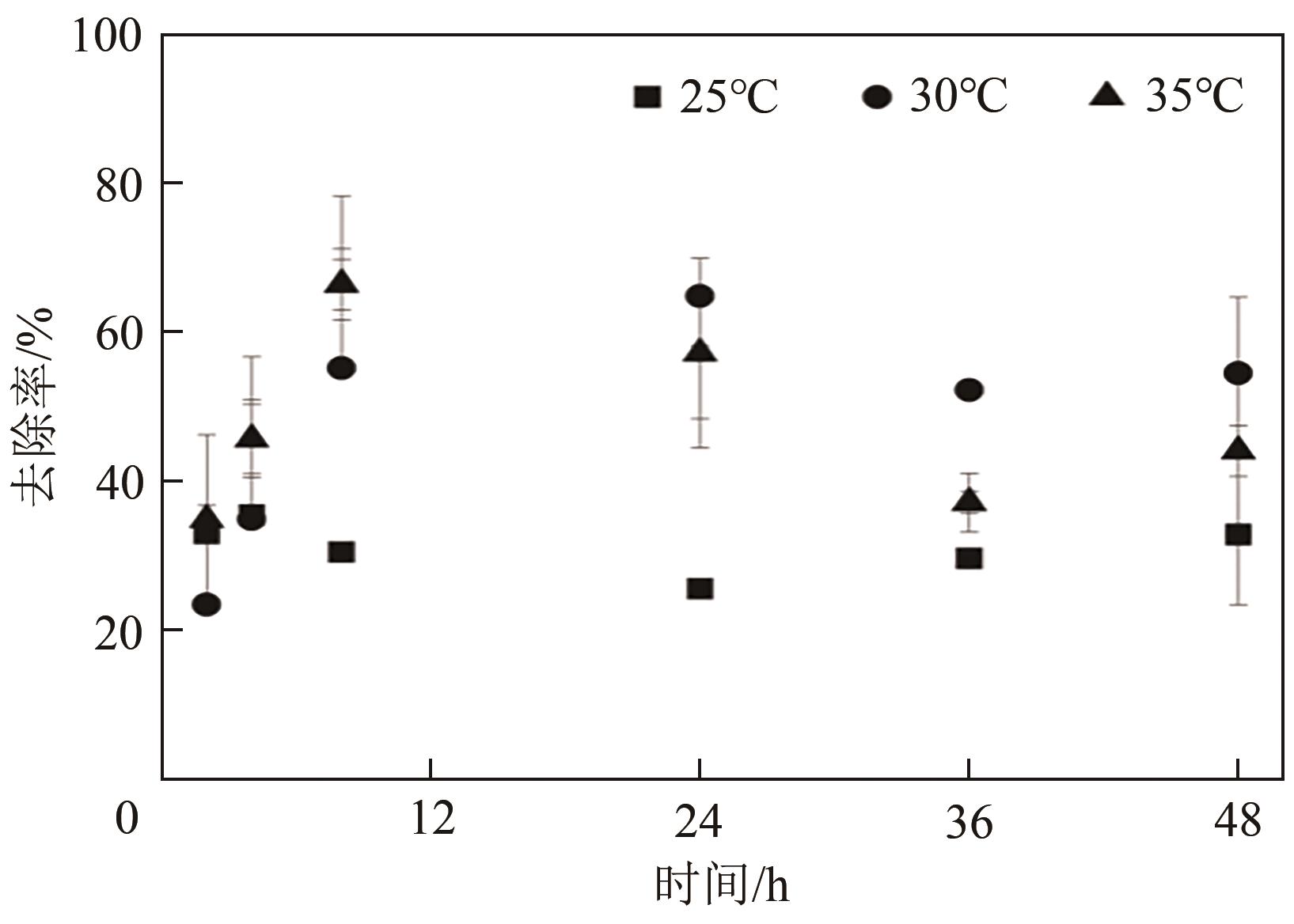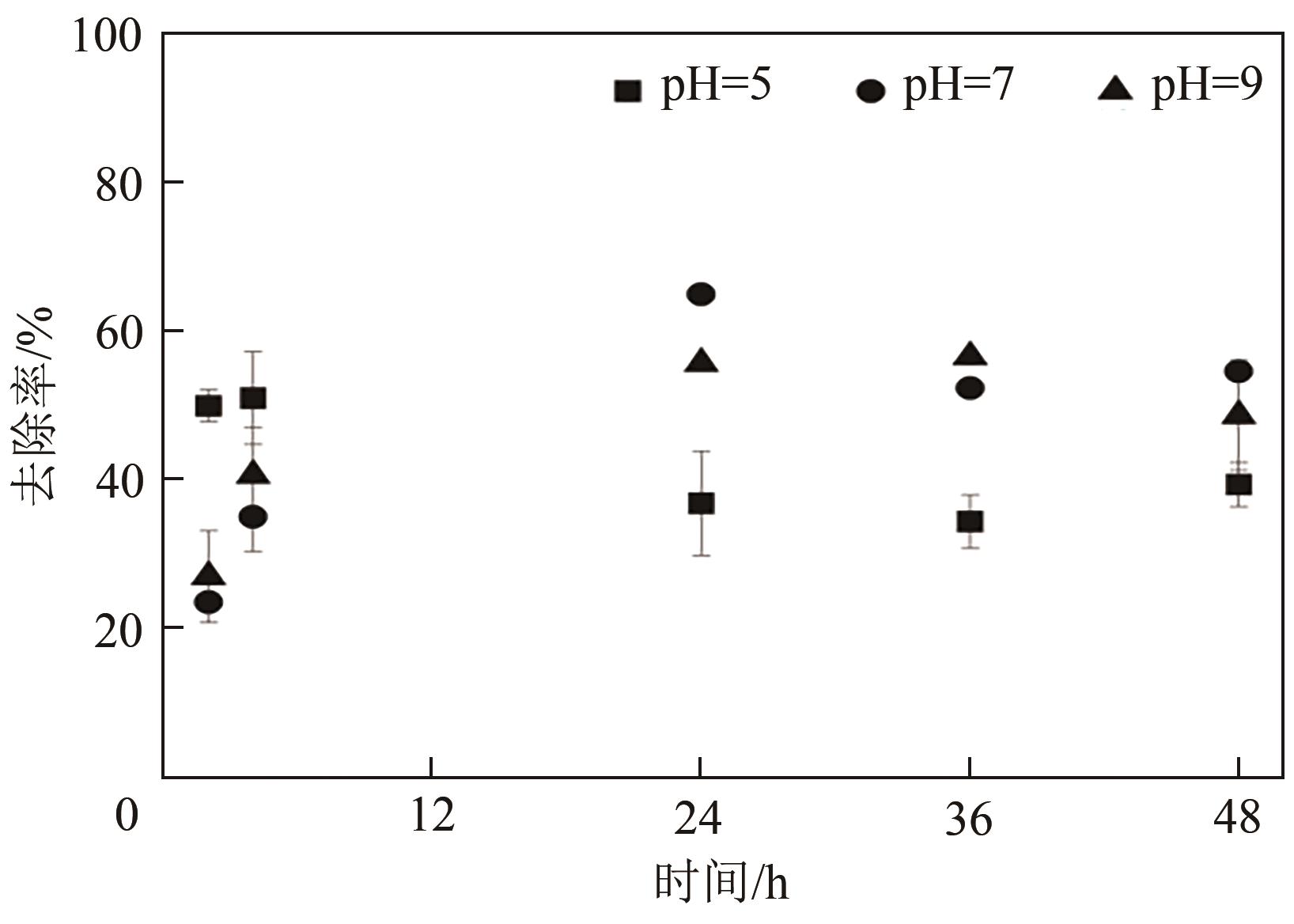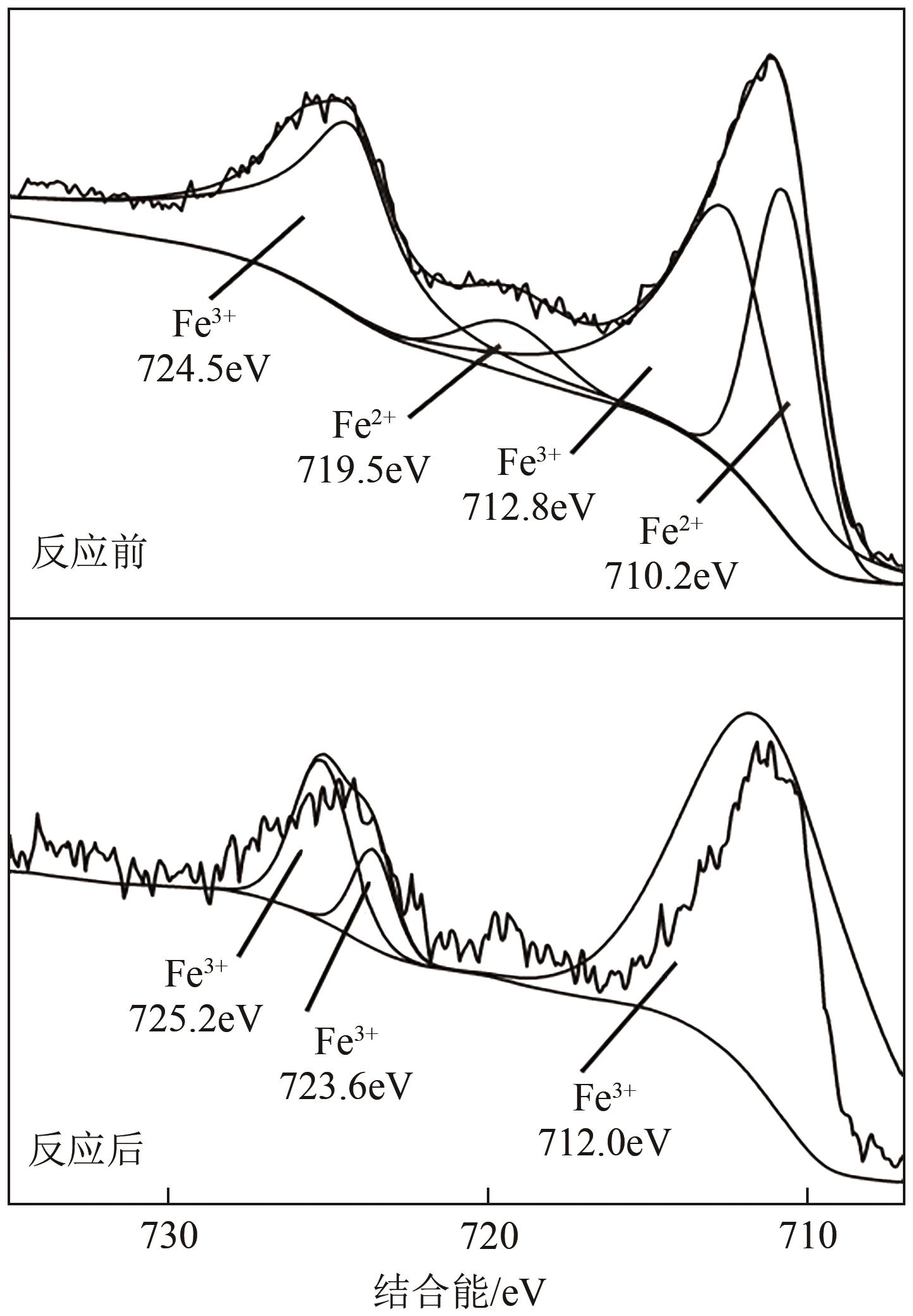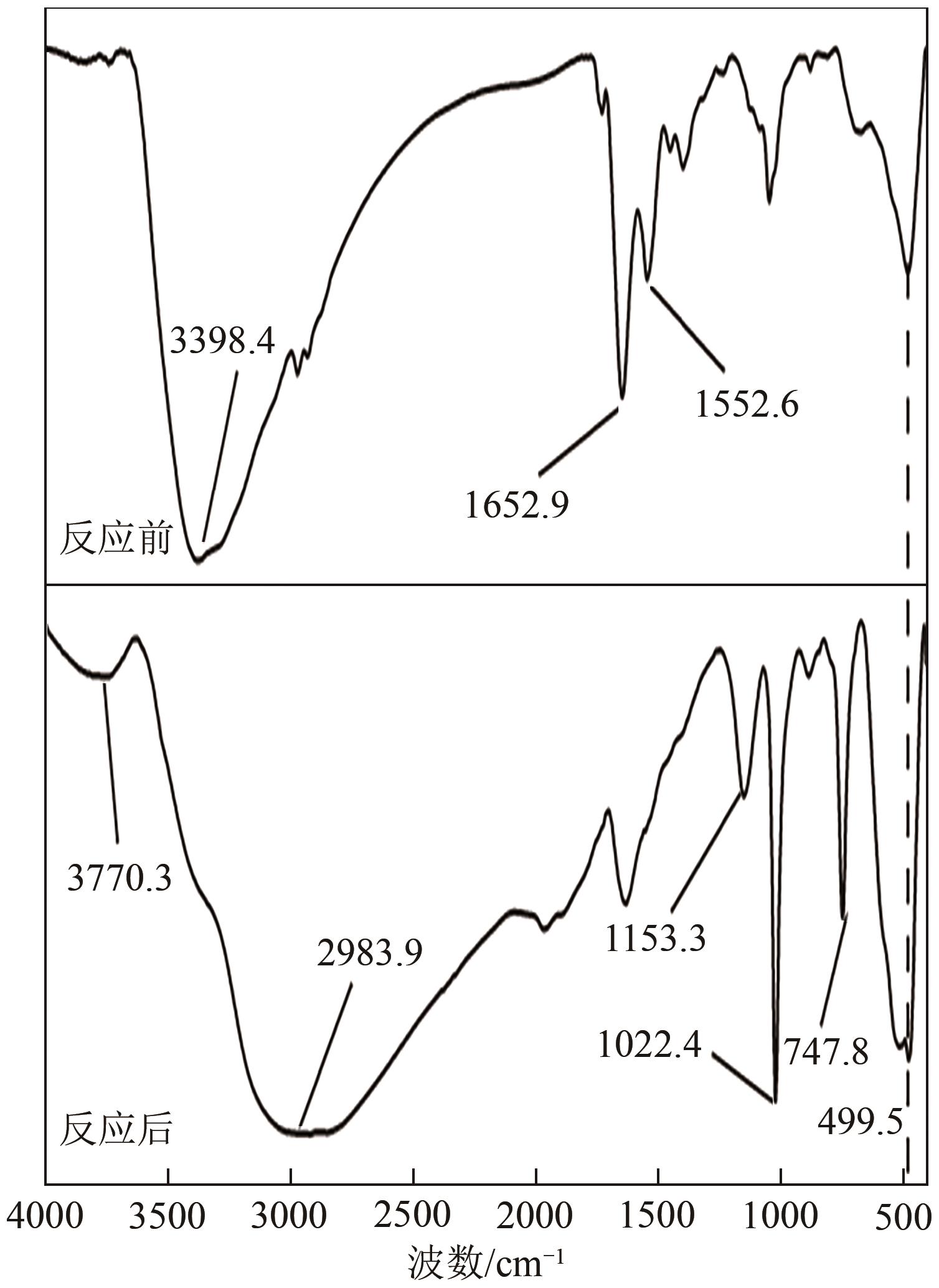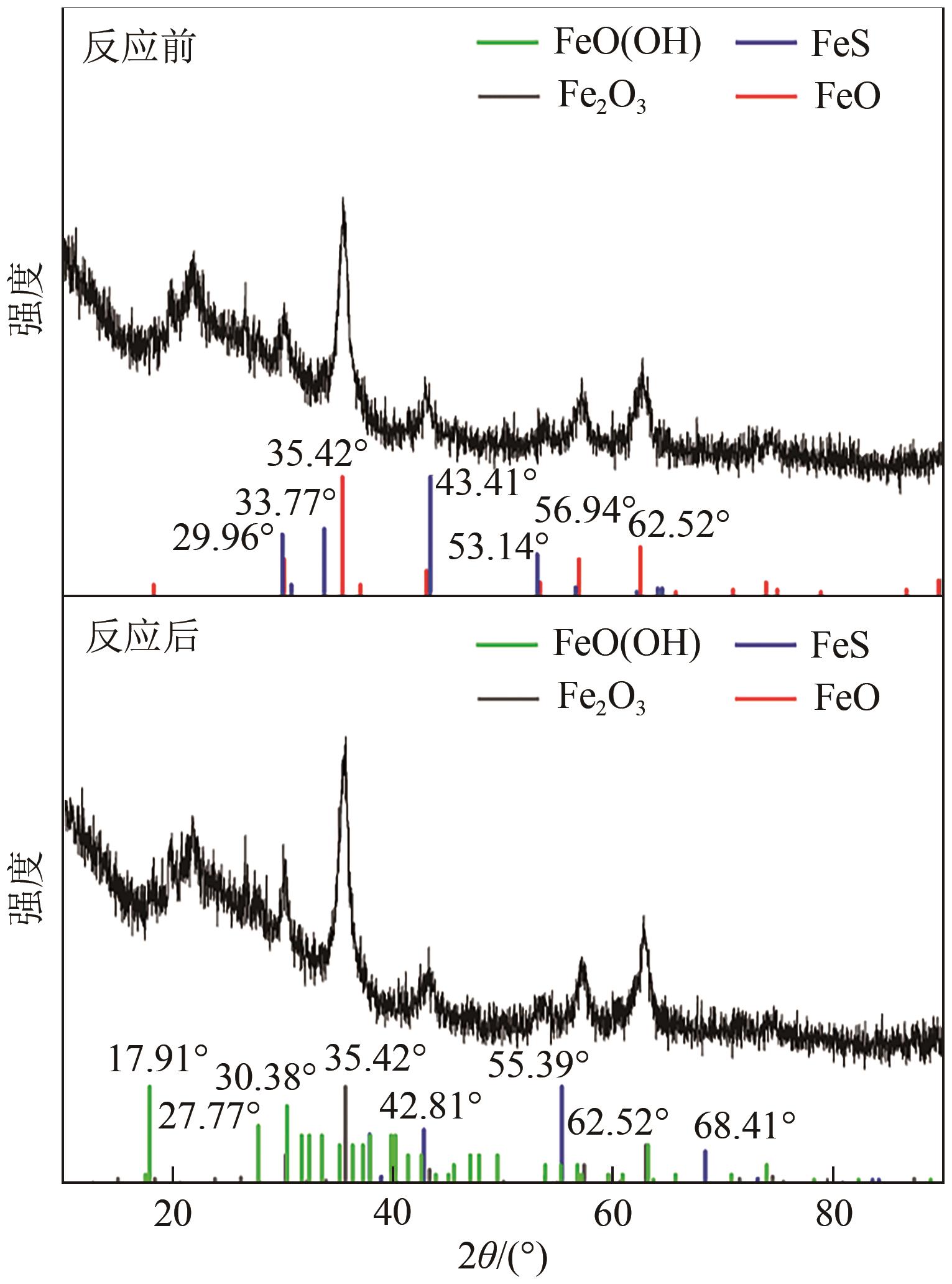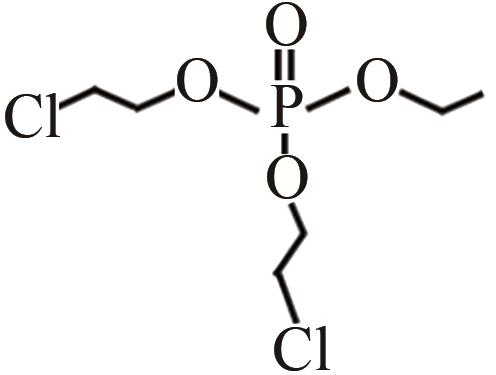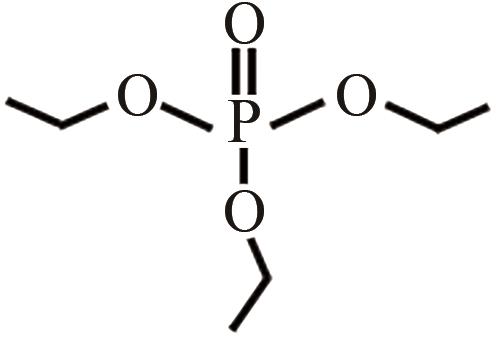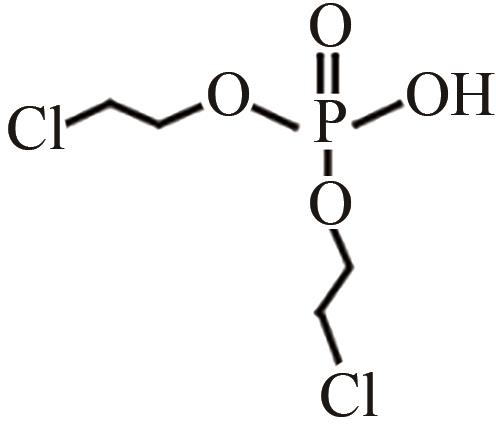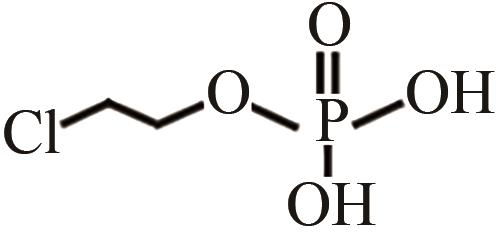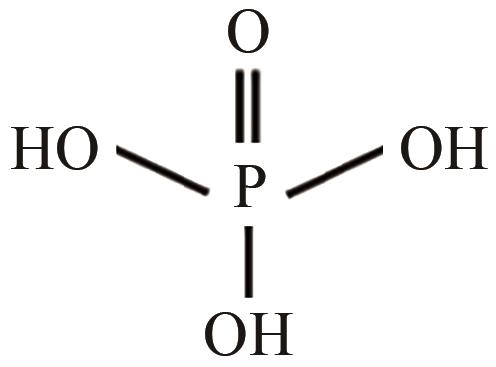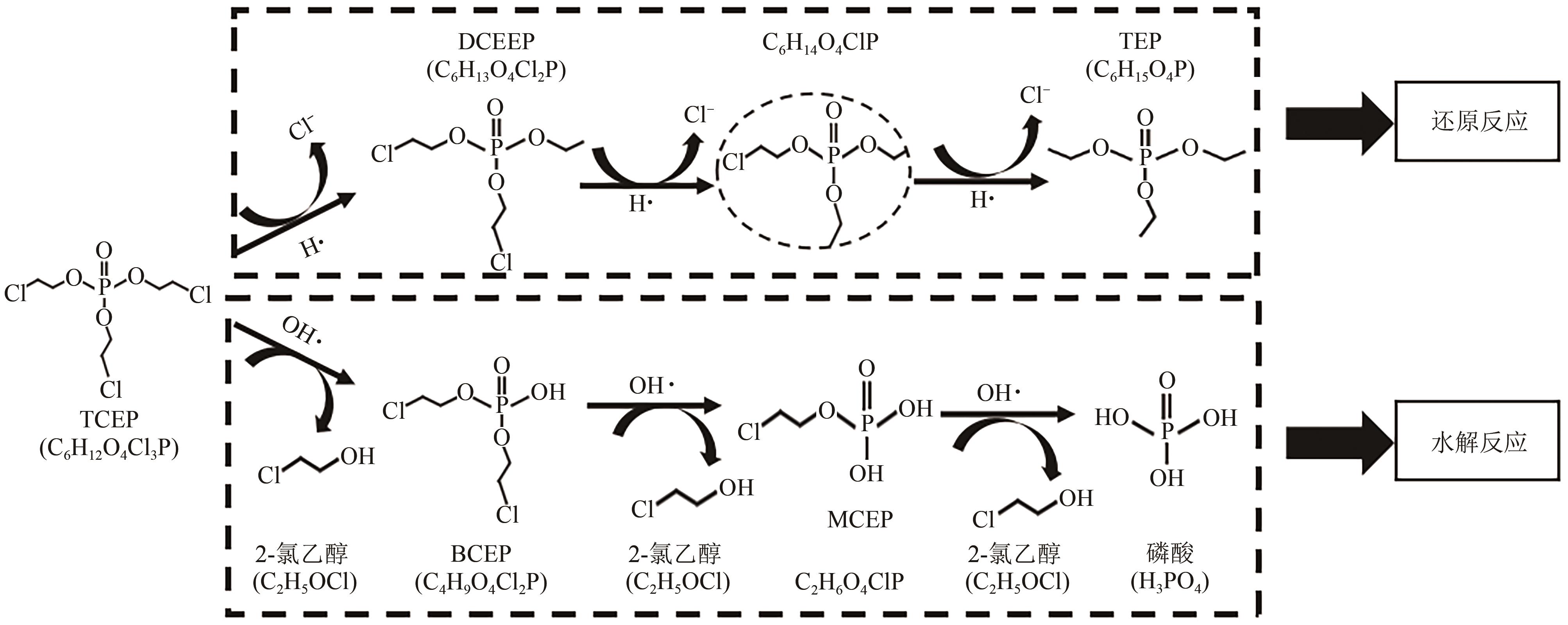| 1 |
ZHENG Xiaobo, XU Fuchao, LUO Xiaojun, et al. Phosphate flame retardants and novel brominated flame retardants in home-produced eggs from an e-waste recycling region in China[J]. Chemosphere, 2016,150: 545-550.
|
| 2 |
ALVES Andreia, COVACI Adrian, VOORSPOELS Stefan. Method development for assessing the human exposure to organophosphate flame retardants in hair and nails[J]. Chemosphere, 2017, 168: 692-698.
|
| 3 |
屈子涵, 唐玉霖, 秦晓, 等. 我国水环境中主要阻燃剂及其处理[J]. 化工进展, 2020, 39(S1): 250-255.
|
|
QU Zihan, TANG Yulin, QIN Xiao, et al. Main flame retardants in China's water environment and their treatment[J]. Chemical Industry and Engineering Progress, 2020, 39(S1): 250-255.
|
| 4 |
WANG Xin, ZHU Qingqing, YAN Xueting, et al. A review of organophosphate flame retardants and plasticizers in the environment: Analysis, occurrence and risk assessment[J]. The Science of the Total Environment, 2020, 731: 139071.
|
| 5 |
LI Jun, YU Nanyang, ZHANG Beibei, et al. Occurrence of organophosphate flame retardants in drinking water from China[J]. Water Research, 2014, 54: 53-61.
|
| 6 |
VAN DER VEEN Ike, DE BOER Jacob. Phosphorus flame retardants: Properties, production, environmental occurrence, toxicity and analysis[J]. Chemosphere, 2012, 88(10): 1119-1153.
|
| 7 |
LAI Nelson L S, KWOK Karen Y, WANG Xinhong, et al. Assessment of organophosphorus flame retardants and plasticizers in aquatic environments of China (Pearl River Delta, South China Sea, Yellow River Estuary) and Japan (Tokyo Bay)[J]. Journal of Hazardous Materials, 2019, 371: 288-294.
|
| 8 |
CAO Shuxia, ZENG Xiangying, SONG Han, et al. Levels and distributions of organophosphate flame retardants and plasticizers in sediment from Taihu Lake, China[J]. Environmental Toxicology and Chemistry, 2012, 31(7): 1478-1484.
|
| 9 |
高小中, 许宜平, 王子健. 有机磷酸酯阻燃剂的环境暴露与迁移转化研究进展[J]. 生态毒理学报, 2015, 10(2): 56-68.
|
|
GAO Xiaozhong, XU Yiping, WANG Zijian. Progress in environment exposure, transport and transform of organophosphorus flame retardants[J]. Asian Journal of Ecotoxicology, 2015, 10(2): 56-68.
|
| 10 |
BAI Xueyuan, LU Shaoyou, XIE Lei, et al. A pilot study of metabolites of organophosphorus flame retardants in paired maternal urine and amniotic fluid samples: Potential exposure risks of tributyl phosphate to pregnant women[J]. Environmental Science: Processes & Impacts, 2019, 21(1): 124-132.
|
| 11 |
MSER Virginia C, PHILLIPS Pamela M, HEDGE Joan M, et al. Neurotoxicological and thyroid evaluations of rats developmentally exposed to tris(1,3-dichloro-2-propyl)phosphate (TDCIPP) and tris(2-chloro-2-ethyl)phosphate (TCEP)[J]. Neurotoxicology and Teratology, 2015, 52: 236-247.
|
| 12 |
DU Zhongkun, WANG Guowei, GAO Shixiang, et al. Aryl organophosphate flame retardants induced cardiotoxicity during zebrafish embryogenesis: By disturbing expression of the transcriptional regulators[J]. Aquatic Toxicology, 2015, 161: 25-32.
|
| 13 |
CRUMP Doug, CHIU Suzanne, KENNEDY Sean W. Effects of tris(1,3-dichloro-2-propyl) phosphate and tris(1-chloropropyl) phosphate on cytotoxicity and mRNA expression in primary cultures of avian hepatocytes and neuronal cells[J]. Toxicological Sciences, 2012, 126(1): 140-148.
|
| 14 |
FARHAT Amani, BUICK Julie K, WILLIAMS Andrew, et al. Tris(1,3-dichloro-2-propyl) phosphate perturbs the expression of genes involved in immune response and lipid and steroid metabolism in chicken embryos[J]. Toxicology and Applied Pharmacology, 2014, 275(2): 104-112.
|
| 15 |
HONG Xiangsheng, CHEN Rui, HOU Rui, et al. Triphenyl phosphate (TPHP)-induced neurotoxicity in adult male Chinese rare minnows (Gobiocypris rarus)[J]. Environmental Science & Technology, 2018, 52(20): 11895-11903.
|
| 16 |
YANG Liansheng, HUANG Chuyi, YIN Ze, et al. Rapid electrochemical reduction of a typical chlorinated organophosphorus flame retardant on copper foam: Degradation kinetics and mechanisms[J]. Chemosphere, 2021, 264: 128515.
|
| 17 |
YU Xiaolong, YIN Hua, YE Jinshao, et al. Degradation of tris-(2-chloroisopropyl) phosphate via UV/TiO2 photocatalysis: Kinetic, pathway, and security risk assessment of degradation intermediates using proteomic analyses[J]. Chemical Engineering Journal, 2019, 374: 263-273.
|
| 18 |
SONG Qingyun, FENG Yiping, LIU Guoguang, et al. Degradation of the flame retardant triphenyl phosphate by ferrous ion-activated hydrogen peroxide and persulfate: Kinetics, pathways, and mechanisms[J]. Chemical Engineering Journal, 2019, 361: 929-936.
|
| 19 |
QIN Pan, LU Shaoyong, LIU Xiaohui, et al. Removal of tri-(2-chloroisopropyl) phosphate (TCPP) by three types of constructed wetlands[J]. Science of the Total Environment, 2020, 749: 141668.
|
| 20 |
LIU Ying, YIN Hua, WEI Kun, et al. Biodegradation of tricresyl phosphate isomers by Brevibacillus brevis: Degradation pathway and metabolic mechanism[J]. Chemosphere, 2019, 232: 195-203.
|
| 21 |
WANG Junhuan, KHOKHAR Ibatsam, REN Chao, et al. Characterization and 16S metagenomic analysis of organophosphorus flame retardants degrading consortia[J]. Journal of Hazardous Materials, 2019, 380: 120881.
|
| 22 |
WANG Junhuan, HLAING Thet Su, May Thet NWE, et al. Primary biodegradation and mineralization of aryl organophosphate flame retardants by Rhodococcus-Sphingopyxis consortium[J]. Journal of Hazardous Materials, 2021, 412: 125238.
|
| 23 |
NASIRI Jaber, MOTAMEDI Elaheh, NAGHAVI Mohammad Reza, et al. Removal of crystal violet from water using β-cyclodextrin functionalized biogenic zero-valent iron nanoadsorbents synthesized via aqueous root extracts of Ferula persica [J]. Journal of Hazardous Materials, 2019, 367: 325-338.
|
| 24 |
Sungjun BAE, COLLINS Richard N, David WAITE T, et al. Advances in surface passivation of nanoscale zerovalent iron: A critical review[J]. Environmental Science & Technology, 2018, 52(21): 12010-12025.
|
| 25 |
LI Xi, LIU Ling. Recent advances in nanoscale zero-valent iron/oxidant system as a treatment for contaminated water and soil[J]. Journal of Environmental Chemical Engineering, 2021, 9(5): 106276.
|
| 26 |
LI Yaru, ZHAO Heping, ZHU Lizhong. Remediation of soil contaminated with organic compounds by nanoscale zero-valent iron: A review[J]. Science of the Total Environment, 2021, 760: 143413.
|
| 27 |
LI Dan, ZHONG Yin, ZHU Xifen, et al. Reductive degradation of chlorinated organophosphate esters by nanoscale zerovalent iron/cetyltrimethylammonium bromide composites: Reactivity, mechanism and new pathways[J]. Water Research, 2021, 188: 116447.
|
| 28 |
LI Dan, ZHONG Yin, ZHU Xifen, et al. Enhanced reactivity of iron monosulfide towards reductive transformation of tris(2-chloroethyl) phosphate in the presence of cetyltrimethylammonium bromide[J]. Environmental Pollution, 2020, 262: 114282.
|
| 29 |
WANG Wei, ZHOU Shuangxi, LI Rui, et al. Preparation of magnetic powdered carbon/nano-Fe3O4 composite for efficient adsorption and degradation of trichloropropyl phosphate from water[J]. Journal of Hazardous Materials, 2021, 416: 125765.
|
| 30 |
韩文亮, 陈海明, 陈兴童. 改性零价铁降解多溴二苯醚的研究进展[J]. 环境化学, 2017, 36(7): 1474-1483.
|
|
HAN Wenliang, CHEN Haiming, CHEN Xingtong. Research progress on the degradation of polybrominated diphenyl ethers by modified zero valent iron[J]. Environmental Chemistry, 2017, 36(7): 1474-1483.
|
| 31 |
LIU Nuo, LIU Jing, WANG Hong, et al. Microbes team with nanoscale zero-valent iron: A robust route for degradation of recalcitrant pollutants[J]. Journal of Environmental Sciences, 2022, 118: 140-146.
|
| 32 |
XU Guiying, WANG Jiangbo, LU Mang. Complete debromination of decabromodiphenyl ether using the integration of Dehalococcoides sp. strain CBDB1 and zero-valent iron[J]. Chemosphere, 2014, 117: 455-461.
|
| 33 |
LIAN Wenjie, YI Xiaoyun, HUANG Kaibo, et al. Degradation of tris(2-chloroethyl) phosphate (TCEP) in aqueous solution by using pyrite activating persulfate to produce radicals[J]. Ecotoxicology and Environmental Safety, 2019, 174: 667-674.
|
| 34 |
LING Chen, WU Shuai, DONG Tailu, et al. Sulfadiazine removal by peroxymonosulfate activation with sulfide-modified microscale zero-valent iron: Major radicals, the role of sulfur species, and particle size effect[J]. Journal of Hazardous Materials. 2022, 423: 127082.
|
| 35 |
XU Hao, GAO Mengxi, HU Xi, et al. A novel preparation of S-nZVI and its high efficient removal of Cr(Ⅵ) in aqueous solution[J]. Journal of Hazardous Materials, 2021, 416: 125924.
|
| 36 |
TANG Chenliu, WANG Xingyu, ZHANG Yufei, et al. Corrosion behaviors and kinetics of nanoscale zero-valent iron in water: A review[J]. Journal of Environmental Sciences, 2024, 135: 391-406.
|
| 37 |
HAO Mengjie, GAO Pan, YANG Dian, et al. Highly efficient adsorption behavior and mechanism of urea-Fe3O4@LDH for triphenyl phosphate[J]. Environmental Pollution, 2020, 267: 114142.
|
| 38 |
LIU Biming, LIU Zhenxue, YU Peng, et al. Enhanced removal of tris(2-chloroethyl) phosphate using a resin-based nanocomposite hydrated iron oxide through a Fenton-like process: Capacity evaluation and pathways[J]. Water Research, 2020, 175: 115655.
|
| 39 |
TAKAHASHI Shouji, OBANA Yuki, OKADA Shohei, et al. Complete detoxification of tris(1,3-dichloro-2-propyl) phosphate by mixed two bacteria, Sphingobium sp. strain TCM1 and Arthrobacter sp. strain PY1[J]. Journal of Bioscience and Bioengineering, 2012, 113(1): 79-83.
|
| 40 |
JI Qiuyi, HE Huan, GAO Zhanqi, et al. UV/H2O2 oxidation of tri(2-chloroethyl) phosphate: Intermediate products, degradation pathway and toxicity evaluation[J]. Journal of Environmental Sciences, 2020, 98: 55-61.
|
| 41 |
CAO Zhen, LIU Xue, XU Jiang, et al. Removal of antibiotic florfenicol by sulfide-modified nanoscale zero-valent iron[J]. Environmental Science & Technology, 2017, 51(19): 11269-11277.
|
| 42 |
LI Qian, CHEN Zhongshan, WANG Huihui, et al. Removal of organic compounds by nanoscale zero-valent iron and its composites[J]. Science of the Total Environment, 2021, 792: 148546.
|
 ), 欧阳浩民1,2, 杨依静1, 李昌霖1, 陈烁娜1,3(
), 欧阳浩民1,2, 杨依静1, 李昌霖1, 陈烁娜1,3( )
)
 ), OUYANG Haomin1,2, YANG Yijing1, LI Changlin1, CHEN Shuona1,3(
), OUYANG Haomin1,2, YANG Yijing1, LI Changlin1, CHEN Shuona1,3( )
)
